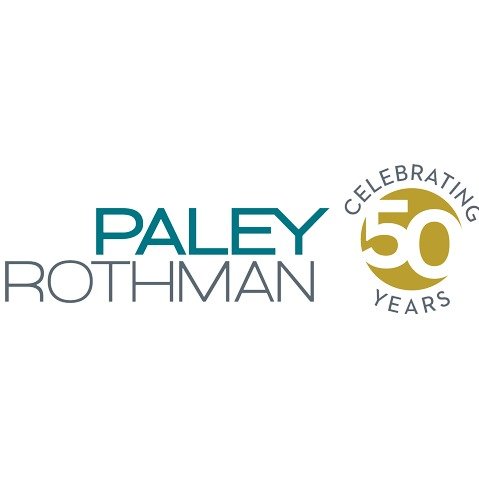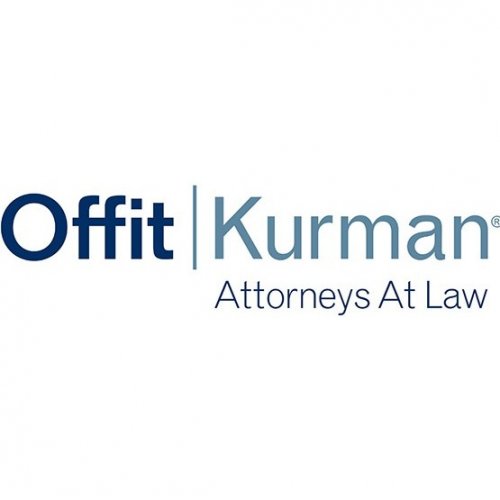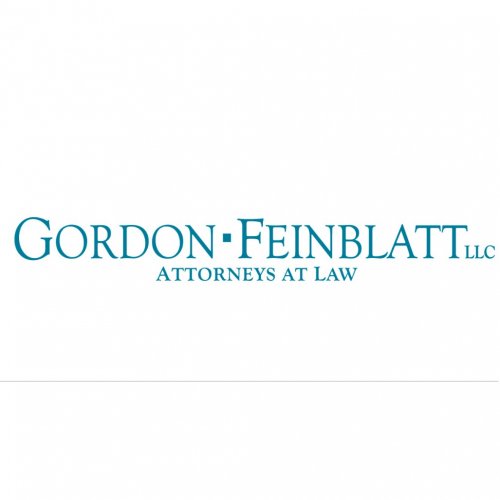Best Tax Increment Financing Lawyers in Maryland
Share your needs with us, get contacted by law firms.
Free. Takes 2 min.
Or refine your search by selecting a city:
List of the best lawyers in Maryland, United States
About Tax Increment Financing Law in Maryland, United States
Tax Increment Financing, often called TIF, is a financial tool used by local governments in Maryland to incentivize economic development and redevelopment projects. Through TIF, a municipality can earmark future increases in property taxes from a designated area to finance current improvements or infrastructure projects. This means that the increased property tax revenue generated by rising property values in the TIF district is used directly to repay the debt incurred for the redevelopment rather than being distributed as it normally would across city or county services. In Maryland, TIF is commonly used to revitalize blighted areas, support new commercial or residential developments, and fund public amenities.
Why You May Need a Lawyer
Tax Increment Financing can be a complex matter involving negotiations among developers, government entities, property owners, and financiers. Individuals and businesses may need legal guidance for several reasons:
- Understanding the eligibility and application process for TIF districts.
- Negotiating TIF agreements with local governments and ensuring favorable terms.
- Ensuring compliance with Maryland state law and municipal ordinances on TIF.
- Protecting private property interests if your land is part of a proposed TIF district.
- Assessing the legal implications of funding mechanisms or public bonds associated with TIF.
- Resolving disputes between parties involved in a TIF project.
- Reviewing the impact on current tax liabilities or potential changes in assessments.
Local Laws Overview
Maryland law governs the approval and administration of TIF districts primarily through the Maryland Tax Increment Financing Act, codified under Sections 12-201 et seq. of the Maryland Economic Development Article. Key aspects to be aware of include:
- Creation of TIF Districts: Local governments, including cities and some counties, may create TIF districts and issue bonds to fund eligible public improvements, such as roads, utilities, and public spaces.
- Public Hearing Requirement: There is a mandatory public hearing process before a TIF district can be established.
- Eligible Projects: TIF can be used for a variety of development or redevelopment projects, but funds may not be used for operational costs or general government expenses.
- Bond Issuance: Municipalities may issue bonds to finance the improvements, and these bonds are typically retired using the incremental tax revenues generated by the enhanced property values in the district.
- Oversight and Compliance: The establishment and management of TIF districts require adherence to local ordinances and oversight mechanisms to ensure legal compliance and financial accountability.
- Duration and Dissolution: TIF districts are not permanent and are dissolved once project debts are satisfied; any surplus revenue may revert to the general tax base.
Frequently Asked Questions
What is a Tax Increment Financing district?
A TIF district is a specifically designated area where increases in property tax revenue, resulting from redevelopment or rising property values, are set aside to finance improvements within that area.
Who can establish a TIF district in Maryland?
Local governments in Maryland, such as city councils and some county authorities, are authorized to create TIF districts following specific legal procedures.
What types of projects are eligible for TIF funding?
Eligible projects generally include infrastructure improvements like roads, utilities, public facilities, and sometimes site preparation or environmental remediation.
How does TIF affect local taxpayers?
TIF does not increase the tax rate for existing taxpayers in the district. Instead, it uses the growth in property tax revenue from increased property values to pay off development costs.
Are TIF bonds in Maryland guaranteed by the local government?
TIF bonds are usually secured by the incremental tax revenues from the district and are generally not considered a general obligation of the issuing municipality.
How long does a TIF district last?
The duration varies but typically lasts until the outstanding project costs or associated bonds are repaid, usually up to 30 years.
How can property owners within a proposed TIF district participate in the process?
Property owners can attend public hearings, review proposed plans, and submit comments or objections before the district is approved.
Can TIF funding be used for private development costs?
TIF in Maryland generally supports public infrastructure. Direct funding for private development is often restricted, but improvements can indirectly benefit private developers.
What are the risks associated with TIF?
Risks include the possibility that projected increases in tax revenue may not materialize, potentially leaving bonds underfunded and impacting local public finances.
Do I need legal representation for TIF matters?
Legal counsel is recommended to navigate the application process, review agreements, ensure compliance with state law, and protect your interests.
Additional Resources
If you need more information about Tax Increment Financing in Maryland, these resources are helpful:
- Maryland Department of Commerce - Economic Development Financing programs
- Maryland Economic Development Association (MEDA)
- Local government offices such as county or city economic development agencies
- Office of the Maryland Attorney General for legal publications and guidance
- Maryland General Assembly’s Economic Development Article - Tax Increment Financing statute
Next Steps
If you are considering involvement in a TIF project or your property may be affected by TIF, consider the following steps:
- Gather all documents related to your property or proposed development.
- Research local ordinances and requirements for TIF districts in your municipality.
- Consult with a qualified attorney who specializes in Maryland economic development law or municipal finance.
- Attend public hearings or meetings about the proposed TIF district.
- Contact your local economic development authority for guidance and resources.
Taking these steps will help ensure that your interests are represented, and you are compliant with all legal requirements related to Tax Increment Financing in Maryland.
Lawzana helps you find the best lawyers and law firms in Maryland through a curated and pre-screened list of qualified legal professionals. Our platform offers rankings and detailed profiles of attorneys and law firms, allowing you to compare based on practice areas, including Tax Increment Financing, experience, and client feedback.
Each profile includes a description of the firm's areas of practice, client reviews, team members and partners, year of establishment, spoken languages, office locations, contact information, social media presence, and any published articles or resources. Most firms on our platform speak English and are experienced in both local and international legal matters.
Get a quote from top-rated law firms in Maryland, United States — quickly, securely, and without unnecessary hassle.
Disclaimer:
The information provided on this page is for general informational purposes only and does not constitute legal advice. While we strive to ensure the accuracy and relevance of the content, legal information may change over time, and interpretations of the law can vary. You should always consult with a qualified legal professional for advice specific to your situation.
We disclaim all liability for actions taken or not taken based on the content of this page. If you believe any information is incorrect or outdated, please contact us, and we will review and update it where appropriate.
Browse tax increment financing law firms by city in Maryland
Refine your search by selecting a city.












